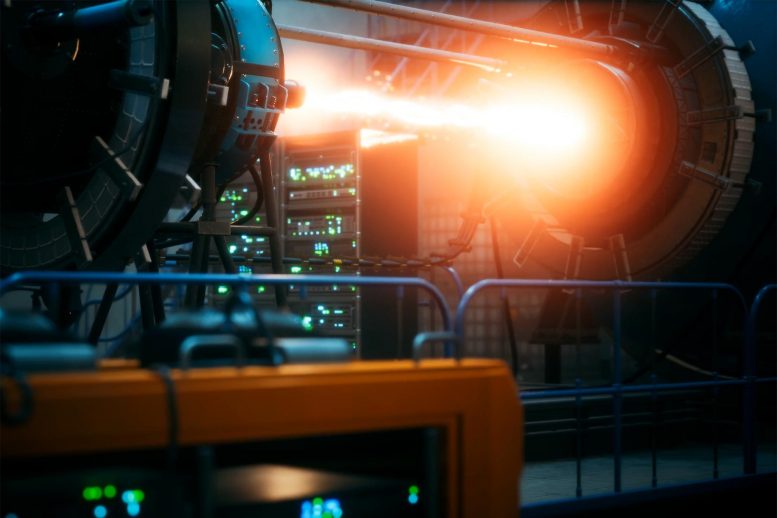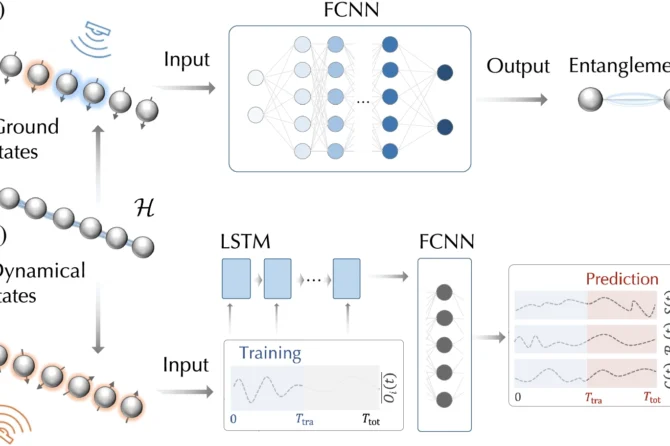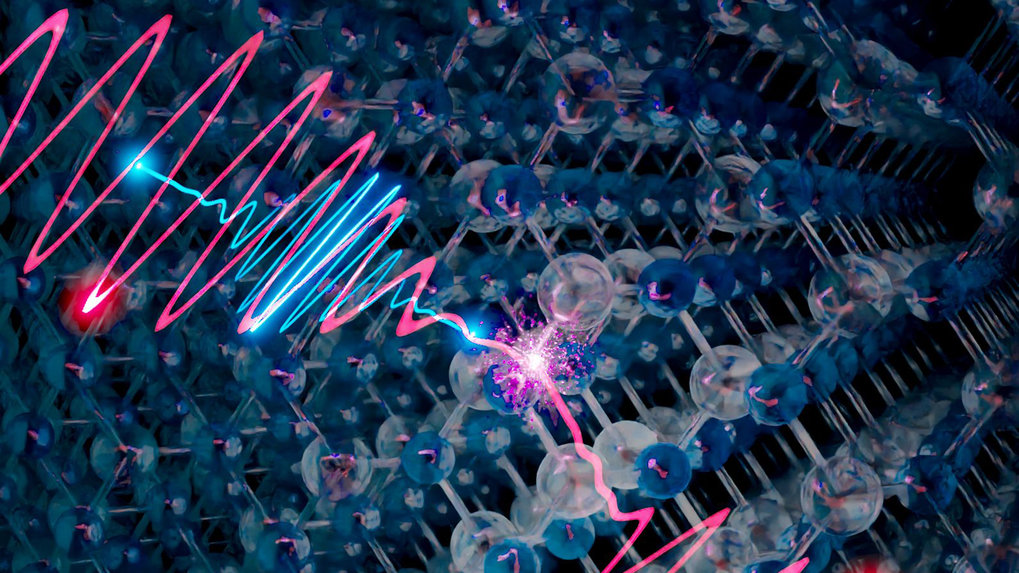Researchers at the University of Adelaide have taken a key step in making quantum batteries a reality. They have successfully proved the concept of superabsorption, a crucial idea underpinning quantum batteries.
To prove the concept of superabsorption, the team built several wafer-like microcavities of different sizes which contained different numbers of organic molecules. Each was charged using a laser.
The active layer of the microcavity contains organic semiconductor materials that store the energy. Underlying the superabsorbing effect of the quantum batteries is the idea that all the molecules act collectively through a property known as quantum superposition. As the microcavity size increased and the number of molecules increased, the charging time decreased.
The idea of the quantum battery has the potential to significantly impact energy capture and storage in renewable energy and in miniature electronic devices.
The next step is to develop a fully functioning quantum battery prototype. (SciTechDaily)
The findings have been published in the journal Science Advances.



